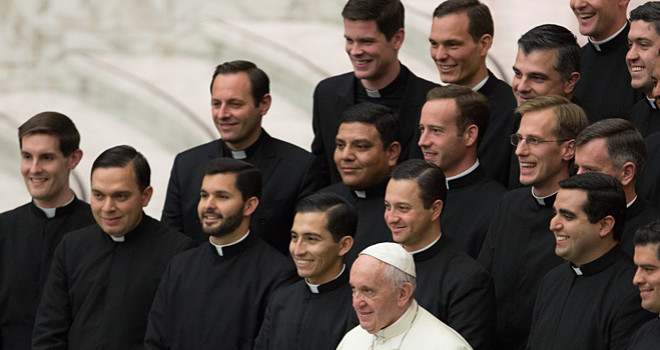I don’t mean for this to happen to everyone, but it happens to a lot of people. I know many cases, including those closest to me, young devout Christians, devotees, believers, committed to God, who loved to pray and read the Bible, who evangelized in time and out of time, and who, then entered the seminary or faculty of theology, cooled in the faith, became confused, critical, insecure and even cynical, as I took, cannot believe (I hope in the end they believe , as kindly happened to Tomé).
There are some reasons why such cases have become increasingly common, here I put the ones that I consider most relevant, always remembering that many seminaries and theological schools take very seriously the question of biblical orthodoxy and the culture of the spiritual life of their students. not to mention them here.
- 1) I think it all begins when denominations send young seminaries and theological colleges that have absolutely no way of being pastors.
- Teachers.
- Workers.
- And preachers.
- Many are sent without any intellectual.
- Spiritual.
- And emotional preparation.
- Some were just 17 years old and sent simply because they were outstanding leaders of their church’s teens.
- Cult group leaders.
- Or children of influential church members.
- It is not without reason that Paul warns that the leader cannot be a neophyte.
- That is.
- New to faith (1Tim 3.
- 6).
- They do not have the slightest intellectual.
- Biblical and emotional structure to interact critically with liberal books and liberal teachers whom they will know en masse in some of the institutions to which they will be sent.
2) I also believe that it is the fault of denominations that keep liberal or conservative teachers spiritually cold in the chairs of their theological schools What does a teacher who does not believe in God, or that the Bible is the Word of God, do not pray, should young people in the class be taught to learn more about God and his Word?There are seminaries and theological schools that keep teachers in the faculty who do not even go to a local church, who use the title of pastor. just to take a place in the chair of the seminary. They’ve never taken anyone to Christ and they’re not interested. They have no life of prayer, of piety. What example can you give to young people who sit in the classroom with an open mind, anxious and eager to have role models, examples of leaders to begin their own ministry?
3) Some of these teachers have a personal goal of destroying the faith of all their students before they have completed their first year of study. They begin by deconstructing the concept that the Bible is God’s infallible and inspired Word. With great demostraciones. de wisdom and erudition, they show the errors of the Bible and the deception of the Christian Church, influenced by Greek philosophy, in the elaboration of doctrines such as the Trinity, the divinity of Christ, the Atonement. Even without using direct language? However, they question the literal resurrection of Christ from the dead. The lime shovel on the grave of these children’s faith is the lives of these teachers. In addition to not having a life of devotion, some of them teach their poor students to drink. , smoking and attending clubs and other places. They even led the Noah Group (which was filled with wine) and the isa’as group (?And the house was filled with smoke?) In seminars !!
4) Well, I believe that a faith that can be destroyed must be destroyed, because it was neither authentic nor solid, the sooner it is destroyed and replaced by a robust faith, rooted in the Word of God, the better. dead conservative teachers and teachers know nothing but to destroy; they do not know how to help young pastoral candidates cultivate an educated spirit, a robust faith, and a life of devotion and consecration to God: the former, because they lack faith; the second, devotion. After four years of study with teachers like this, many of these young men go out to be pastors, but intimately?some, openly, are full of doubts about the Bible, about God, and about the main doctrines of the Christian faith. They are theologically confusing, doctrinally uncertain and devotionally cynical.
5) We cannot fail to recall that, in the end, it is a fierce spiritual war, in which Satan tries by all means to corrupt the simplicity and sincerity of faith in Christ, attacking the mind and heart of future shepherds (2Cor 11:3). Through the use of unfaithful teachers and spiritually lifeless teachers, he seeks to undermine the convictions, certainty, fervor, and dedication of the youth preparing for ministry; Calvin’s motto, orare and labutare is relevant here. escape the tendency of theological studies to transform our faith into an arid doctrinal pattern and, through the hard work of their studies, will be able to get rid of the lies of liberal, neo-Orthodox, libertine and Marxist teachers.

